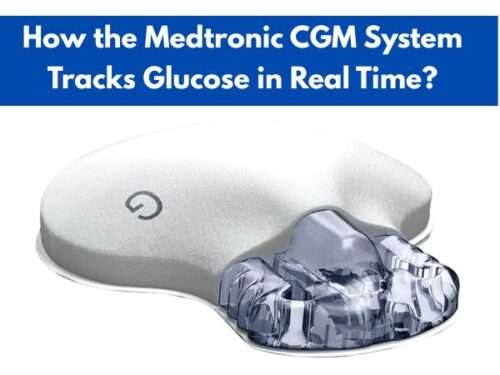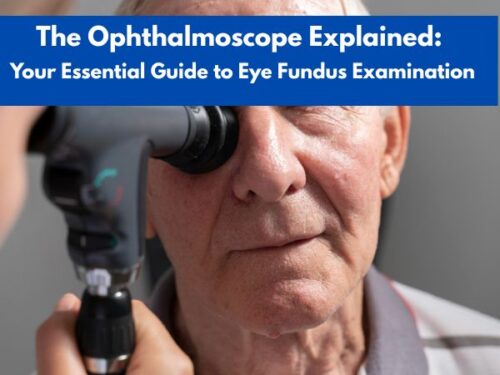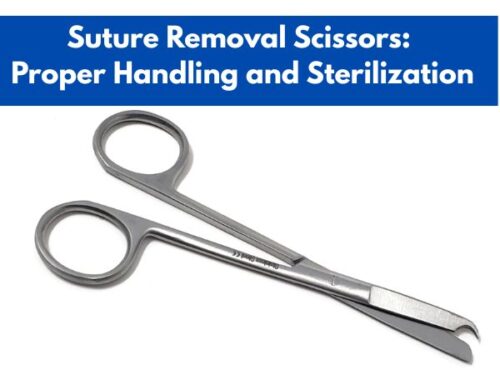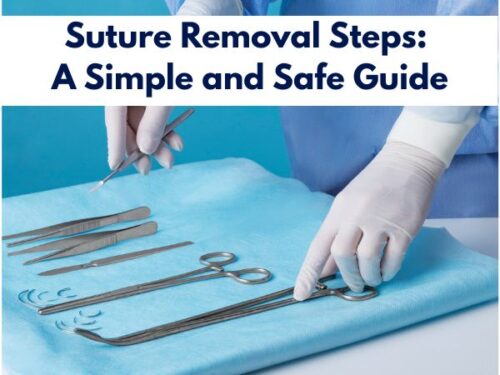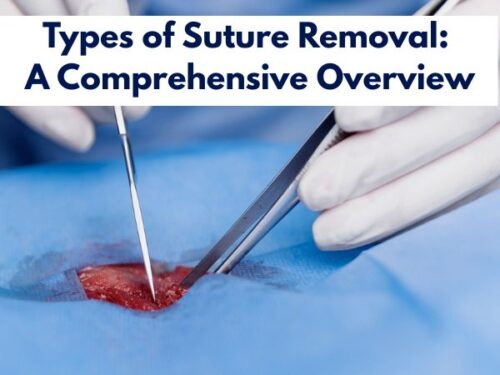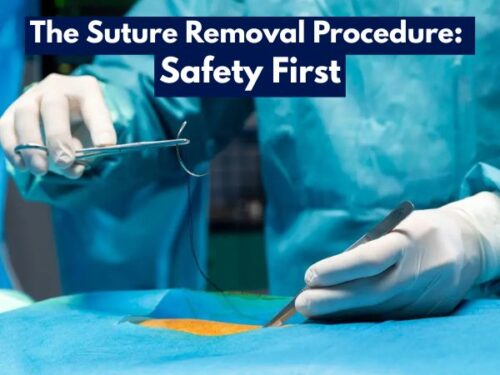Does Vaccination Significantly Reduce the Risk of Herpes Zoster?

According to the estimates provided by the Centers for Disease Control and Prevention (CDC), every 1 in 3 people living in the United States are expected to contract herpes zoster, also known as shingles, at some point in their lives. In addition, it has also been reported that each year, nearly 1 million cases of shingles are recorded in the country. High-risk groups include children, the elderly, and those who have previously been affected with chickenpox.
Apart from some of the treatment options, the CDC has also recommended the use of herpes zoster vaccines which have been developed in the past few decades. However, there is a debate regarding the efficacy of these vaccines as well as their potential to reduce the chances of contracting herpes zoster. Let us dive deeper into this topic and answer some of the questions that are often asked regarding herpes zoster vaccination.

What is Herpes Zoster infection?
Herpes zoster, which is commonly known as shingles, is a condition caused by the reactivation of varicella-zoster virus (VZV). The condition is characterized by varicella which is a rash-like condition. In addition, blisters can also appear during this infection which are filled with fluid containing viral entities. These rashes or blisters are painful in their nature and cause discomfort to the patient. Transmission of the infection is by coming in direct contact with the fluid-filled blisters as well as by inhaling the air that contains the virus.
Symptoms of Herpes Zoster Infection
The symptoms which are frequently associated with the condition include the following:
● Presence of fluid-filled blisters that have the tendency to break over
● The presence of rash on the skin which is raised above from the skin
● Pain at the site of blisters
● The feeling of extreme tiredness
● Tingling, itching, or burning sensation on the affected area
● Redness of the affected area
● Headache
● Chills
● Fever
● Sensitivity to light
● Stomach upset
How severe is the Herpes Zoster Infection?
If the shingles attack the areas such as around the eyes or ears, the infection can lead to blindness or hearing loss. In other conditions, problems such as inflammation of the brain (encephalitis), pneumonia, or even death can occur.
Treatment Options for Herpes Zoster Infection
The following treatment options can be approached for the management and treatment of shingles:
● As the disease is virus-based, anti-viral drugs are prescribed for its management and treatment. If the treatment is started within 72 hours of the start of the symptoms, the pain associated with shingles can also be prevented. Some of these commonly prescribed antiviral drugs for shingles are acyclovir, valacyclovir, and famiciclovir.
● In addition, a physician may prescribe over-the-counter painkillers as well for the management of pain associated with the condition. In this regard, medications such as acetaminophen and ibuprofen are often preferred.
● In some cases, shingles are associated with a bacterial infection as well. Therefore, antibacterial medications are also prescribed.
● In cases when shingles are affecting the patient’s eyes or other parts of the face, there may also be a need to use anti-inflammatory drugs such as prednisolone.
Prevention of Herpes Zoster by Vaccination
1. Available Vaccines
Presently, in the United States, two vaccines are available for the prevention of shingles as well as the post-herpetic neuralgia associated with the disease. These two include:
● Zostavax
● Shingrix
Among these two, Shingrix, a recombinant zoster vaccine (RZV), has been prescribed by the Advisory Committee on Immunization Practices. The vaccine is administered as a two-dose shot in the patient’s upper arm. Once administered, this vaccine remains active for up to 4 years which indicates its high effectiveness. Furthermore, as per the Centers for Disease Control and Prevention (CDC), the Zostavax vaccine is specifically for those who are above the age of 60.
In comparison, Zostavax is far less effective i.e. 51% than Shingrix which enjoys superiority with an efficacy of more than 90%. Moreover, when it comes to the prevention of post-herpetic neuralgia, Shingrix exceeds its competitor i.e. Zostavax once again with 90% effectiveness in comparison to the 67% value of the latter. Despite these differences, Zostavax is often used in cases when Shingrix is unavailable or a person is allergic to its contents.
2. Reduction of the Incidence of Herpes Zoster after Vaccination
As is the case with all other vaccines, getting a shot does not mean one cannot get the disease at all. Rather, getting vaccinated just ensures that a person has taken all the necessary measures to minimize her or his chances of getting infected. The same is the case with shingles vaccines.
Both of these can indeed protect a person from shingles but cannot guarantee 100% protection against the disease. Apart from this, if a person still develops shingles after getting vaccinated, the vaccine helps the body to overcome the disease faster. This way, the symptoms of the disease do not often become severe. In addition, the patient is also less likely to develop post-herpetic neuralgia which is often associated with shingles.

A vast variety of medical devices, along with many other medical supplies, can be purchased from Health Supply 770, a reliable name when it comes to medical products. They have a 30-day money-back guarantee and provide your products to you in the shortest possible time.
Conclusion
Herpes zoster or shingles is a condition that is caused when a person contracts viral entities which become the cause of the formation of rashes and blisters over the body. These rashes and blisters are often very painful and significantly decrease the quality of life of the person infected by it.
As a preventive strategy, the CDC has urged the use of available vaccines which include two options i.e. Zostavax and Shingrix. Despite being different in their efficacies, both of these are effective in preventing the incidence of the disease.
Therefore, one should get vaccinated after taking advice from their healthcare professional as these vaccines are our significant tools of defense against infectious disorders.













